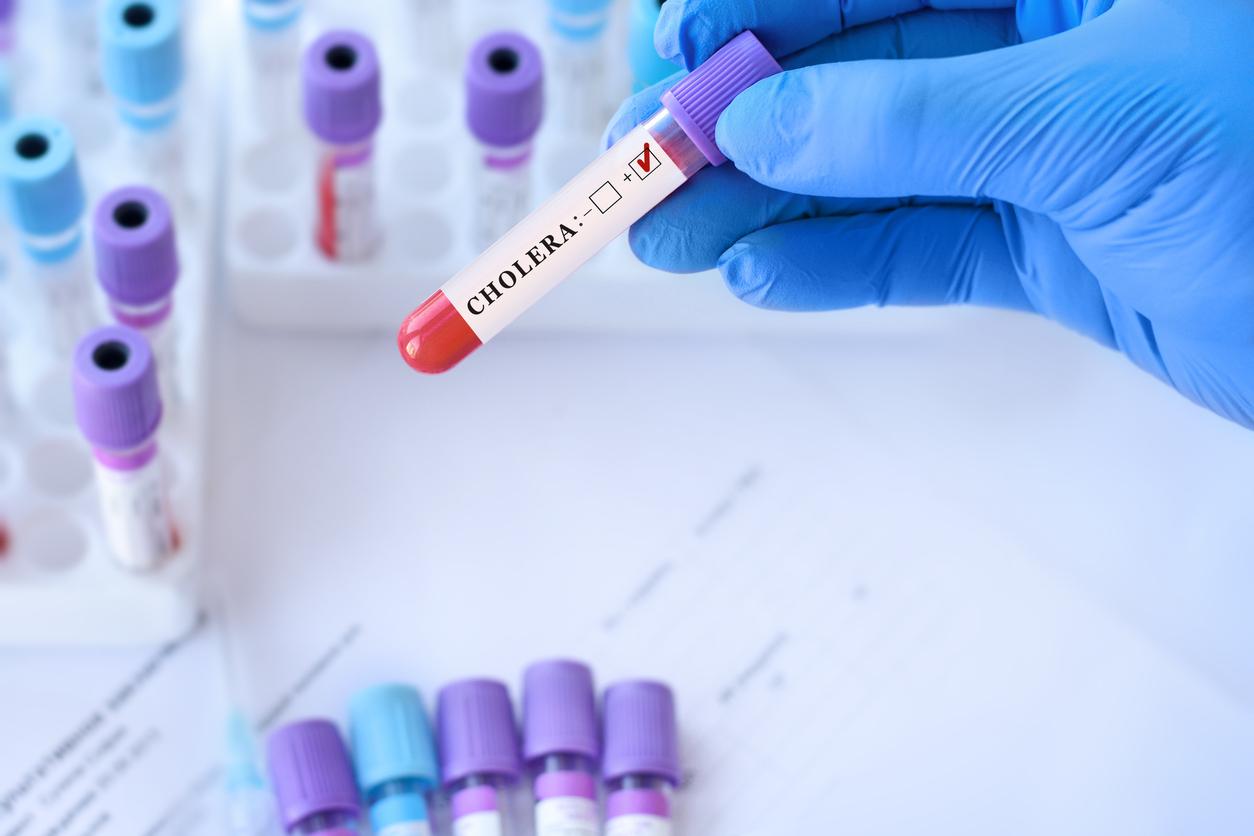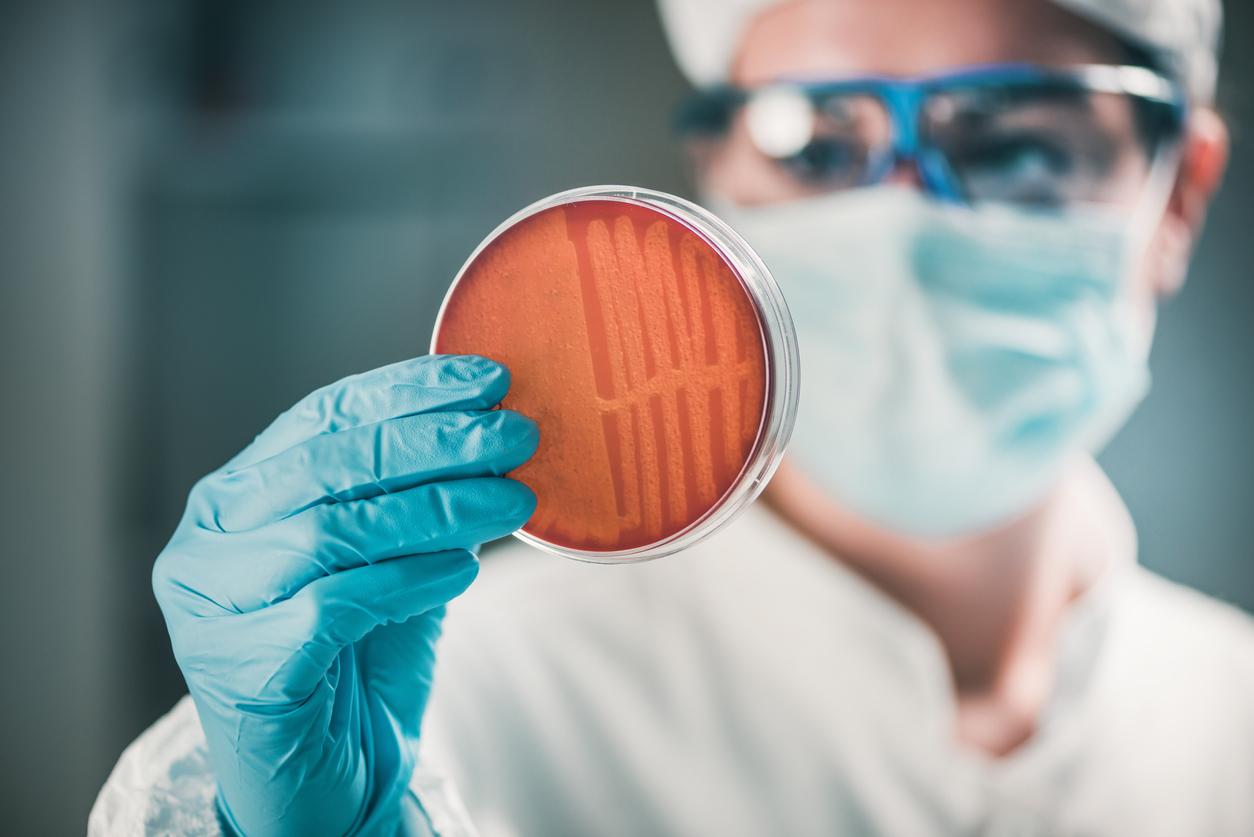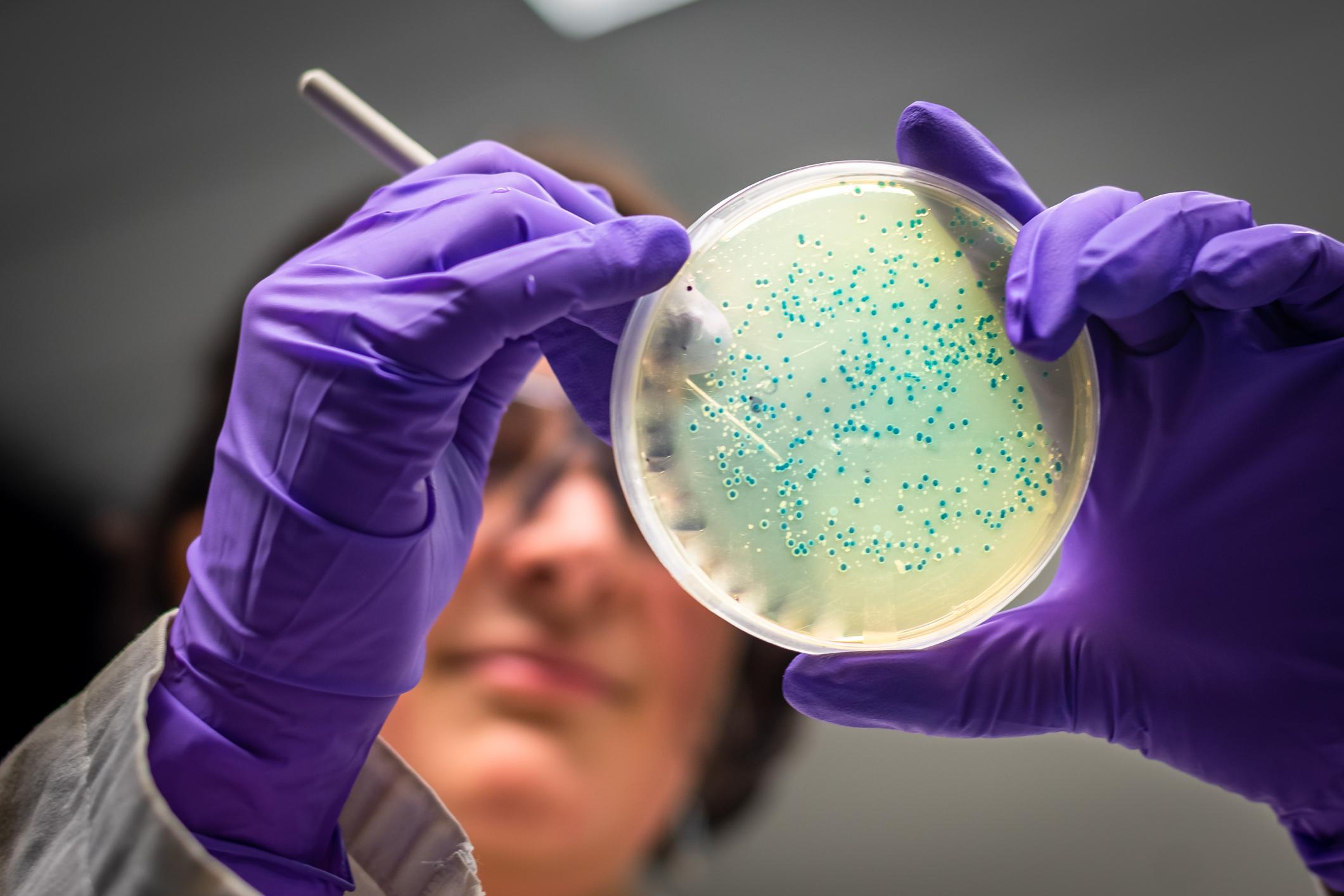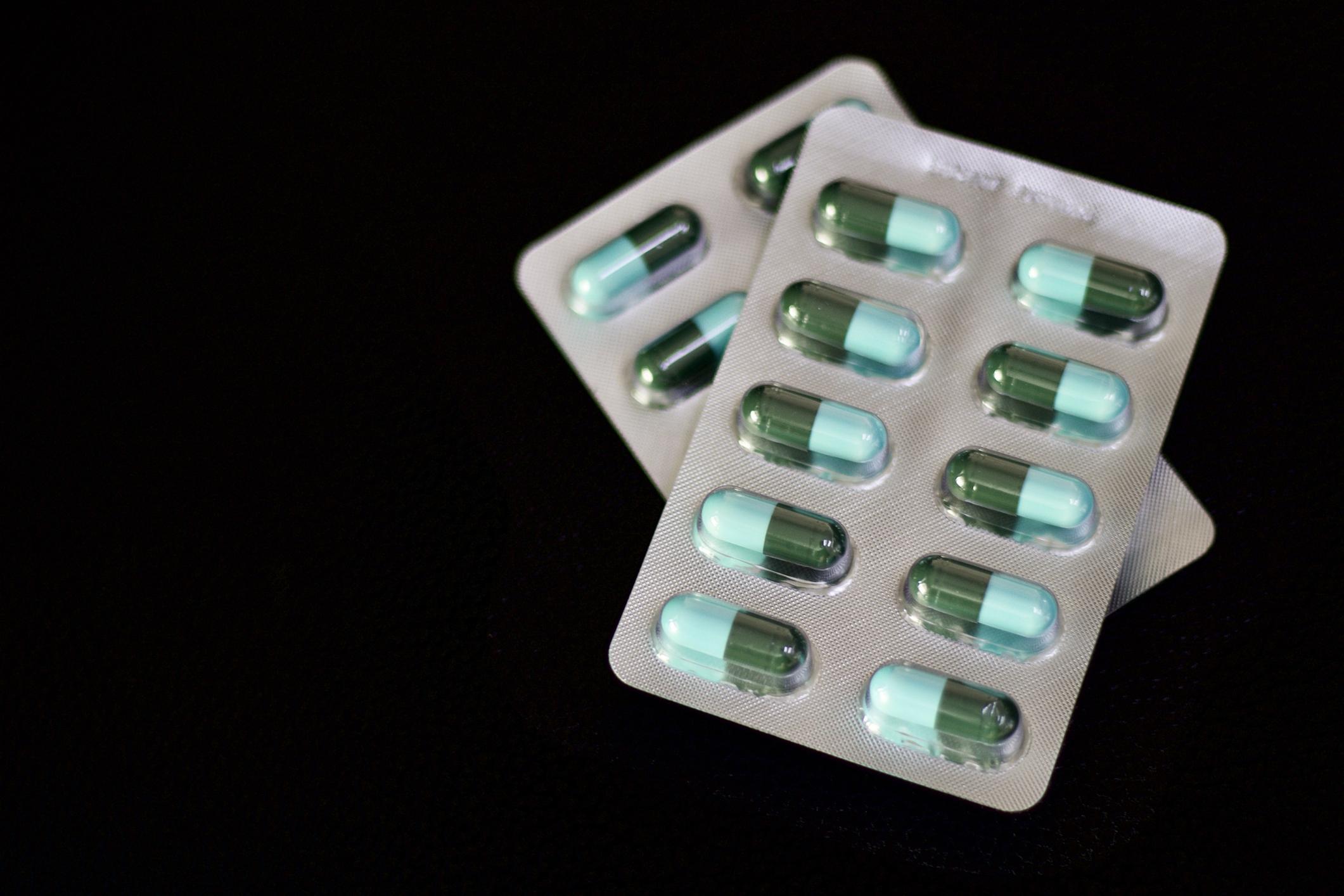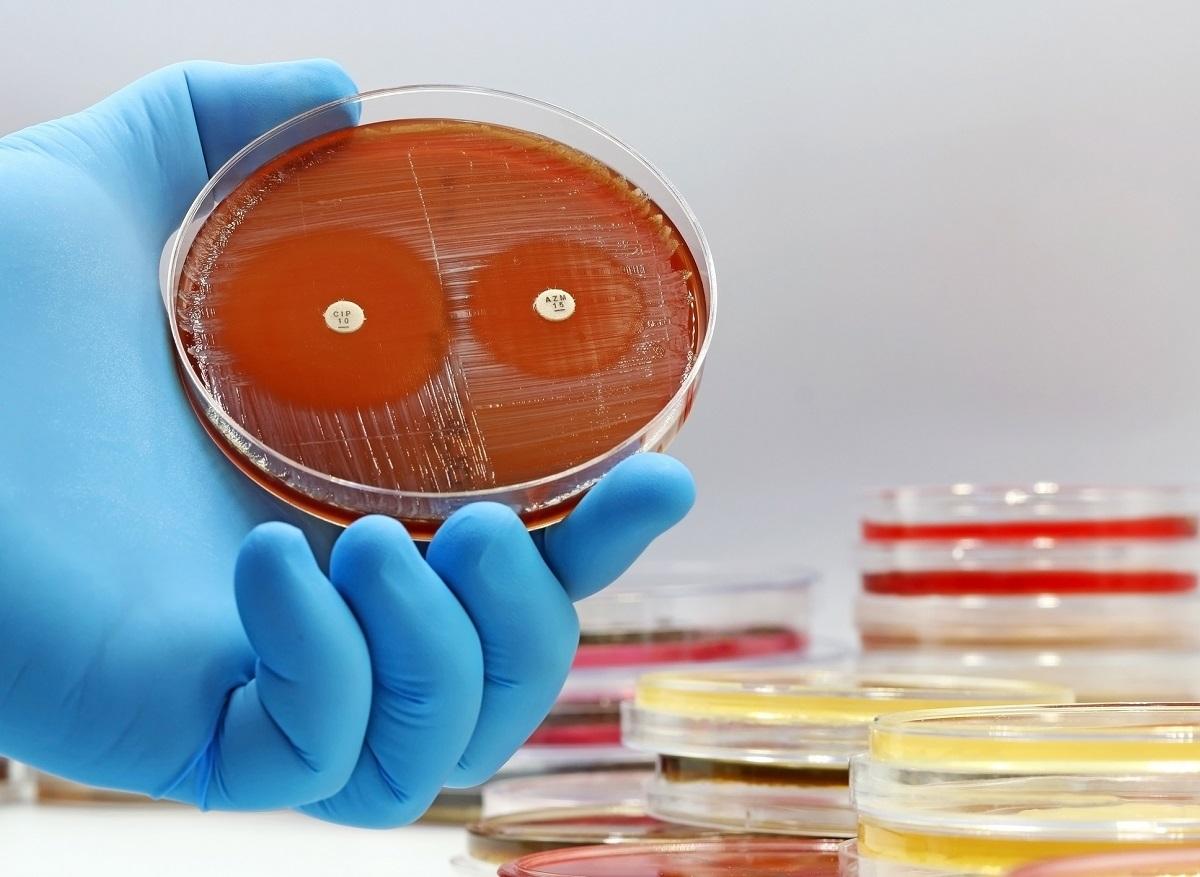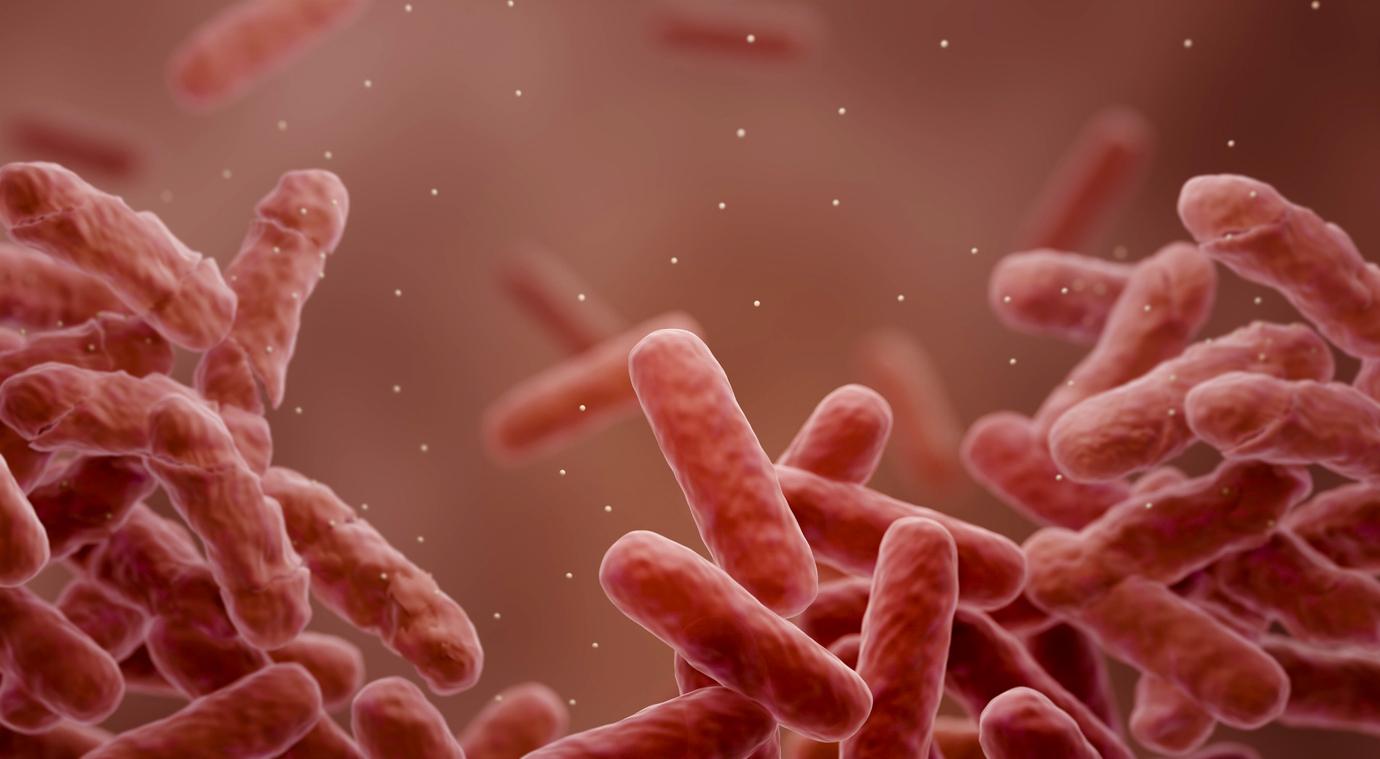French researchers have developed artificial intelligence capable of determining which bacteriophages – “bacteria-killing” viruses – are the most effective in fighting bacteria responsible for antibiotic-resistant infections.
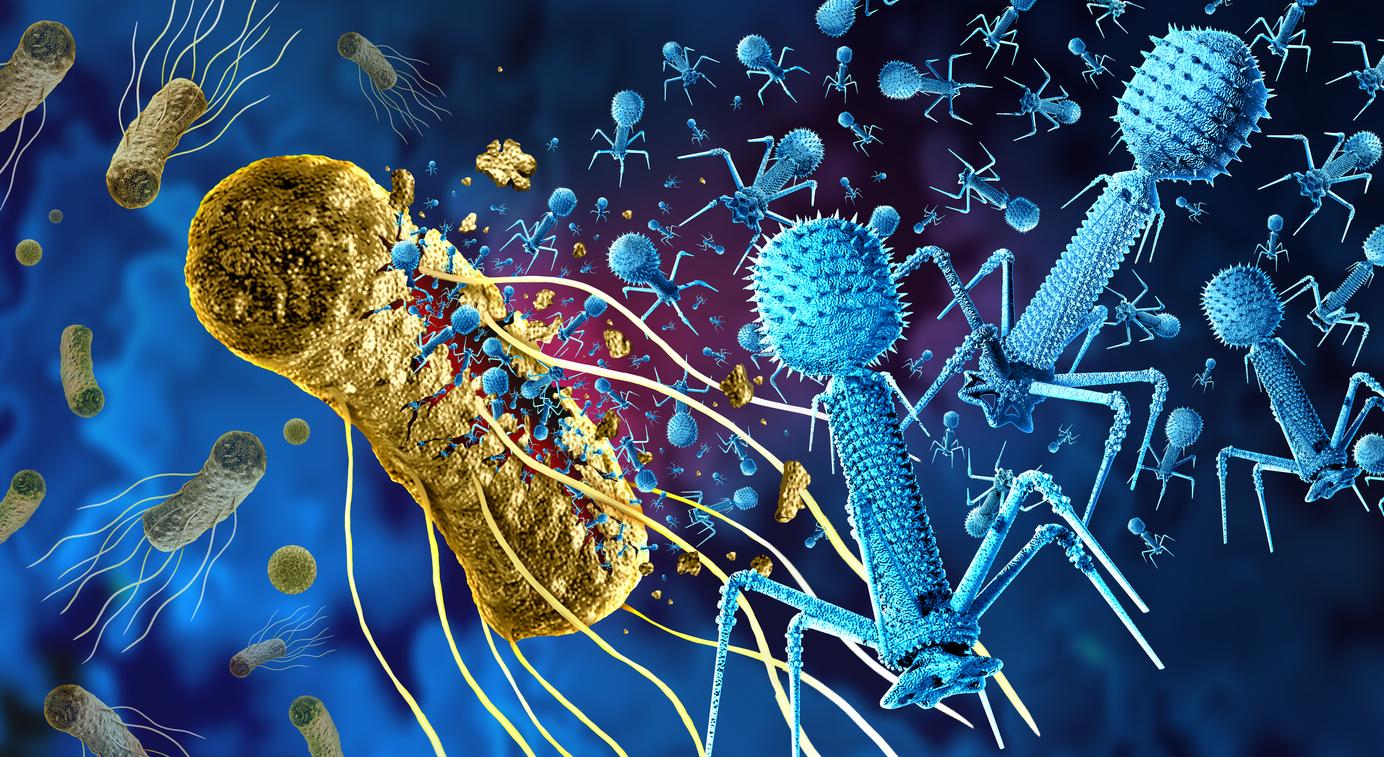
- Phage therapy is the use of viruses called bacteriophages to fight bacterial infections.
- French researchers have developed an AI capable of determining the most effective cocktail of bacteriophages against a bacteria.
- The AI was able to correctly predict the effectiveness of bacteriophages against E. coli bacteria in 85% of cases.
Phage therapy involves using “bacteria-killing” viruses called bacteriophages to fight bacterial infections. This type of treatment was gradually abandoned with the arrival of antibiotics in the 1930s. But now that antibiotic resistance complicates the treatment of patients – and in the most serious cases leads to deaths – researchers are observing again the bacteriophages up close.
And, scientists from the Pasteur Institute, Inserm, AP-HP and Paris Cité University have developed a new tool capable of choosing the best cocktail of bacteriophages for a given patient. This model, based on AI, was presented in detail in the journal Nature Microbiology from October 31, 2024.
Antibiotic resistance: a database to identify the most effective phages against E.coli
To improve the effectiveness of phage therapy, the team of French researchers began by studying bacteria-phage interactions more closely to find out if it was possible to predict the effectiveness of a bacteriophage on a bacterial strain. They thus created a database with 403 strains of Escherichia coli bacteria and 96 bacteriophages. “We brought the phages into contact with the bacteria in culture and observed which bacteria were killed. We studied 350,000 interactions and succeeded in identifying, at the level of the bacteria’s genome, the characteristics likely to predict the effectiveness of the phages”explained Aude Bernheim, main author of the study and head of the Molecular Diversity of Microbes laboratory at the Pasteur Institute, in a press release.
“Contrary to what was initially thought, it is the receptors on the surface of bacteria and not their defense mechanisms which primarily determine the capacity of bacteriophages to be able to infect bacteria or not, and which predict their effectiveness”continued its co-first author, Florian Tesson.
Phage/bacteria: a tailor-made cocktail with AI effective in more than 80%
After this first step, the scientists used the information collected to develop an artificial intelligence program whose objective is to evaluate which virus is most effective against a given E. coli bacteria. To determine this, AI relies on the analysis of the genome of pathogens, and more particularly of the regions involved in the coding of the bacteria’s membrane receptors. The latter are, in fact, the “gates of entry” for phages.
During tests, the developed model was able to correctly predict the effectiveness of bacteriophages against E. coli bacteria in the database in 85% of cases. “This is a result that exceeds our expectations”confided Aude Bernheim.
The tests then continued with a new collection of bacterial strains of E. coli responsible for pneumonia. The AI selected, for each of them, a tailor-made “cocktail” of three bacteriophages. The latter succeeded in destroying the targeted bacteria in 90% of cases.
For the researchers, these very promising results show that their tool “easily used in hospital biology laboratories” opens “the way in the years to come is a personalized and rapid selection of bacteriophage treatments in the event of a diagnosis of bacterial infection with Escherichia coli highly resistant to antibiotics”. This AI could thus help reduce the risks of antibiotic resistance and its 35,000 annual deaths in Europe.
“We still need to test how the phages behave in different environments, but the proof of concept is done. We hope to be able to extend it to other pathogenic bacteria, because our AI has been designed to easily adapt to other cases figure, and offer personalized phage therapy treatments in the future”however, clarified the researcher.









